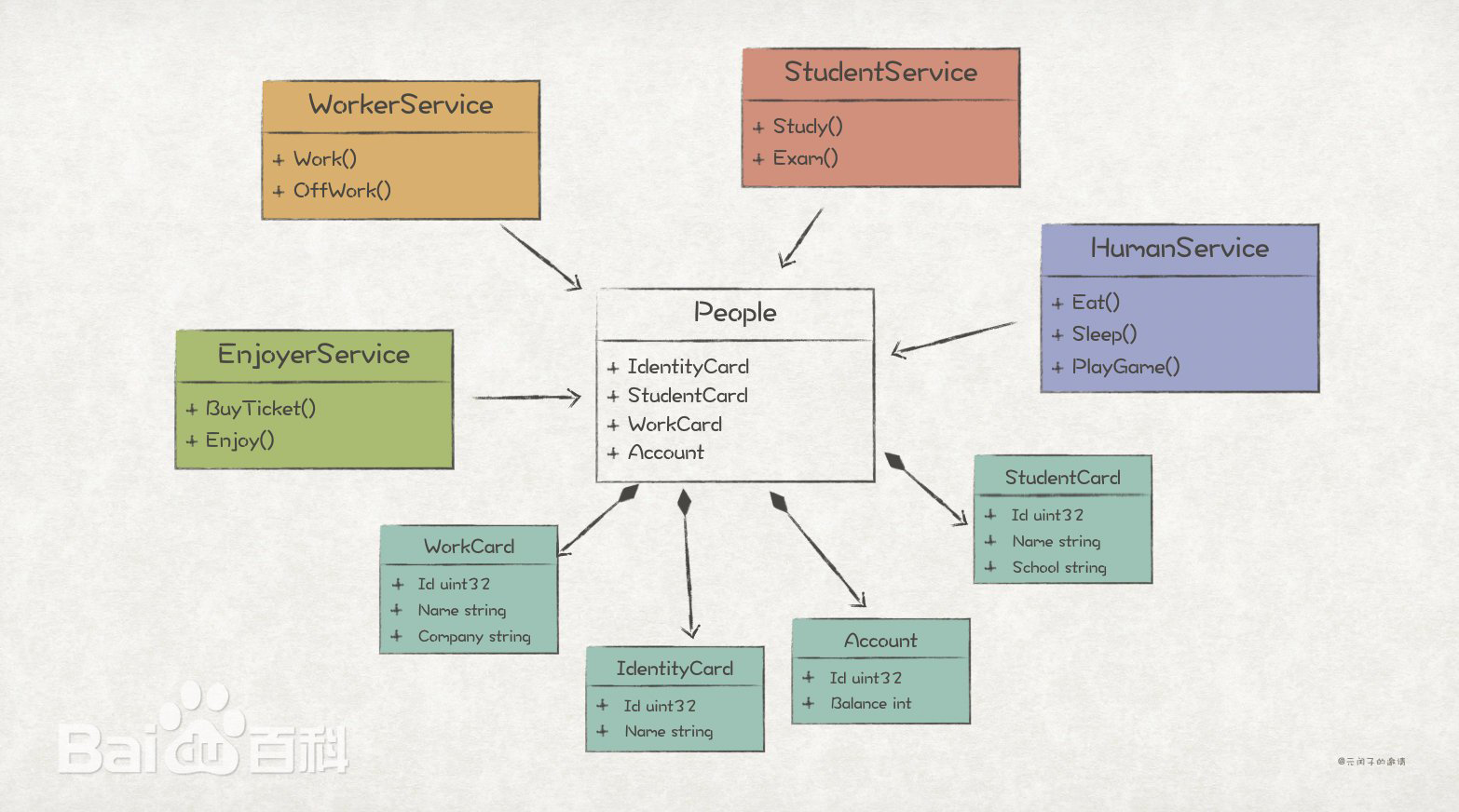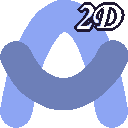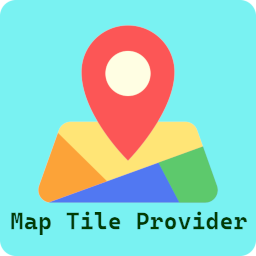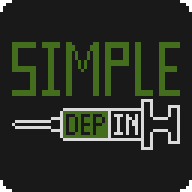A demo showing how to use scene instancing to make many duplicates of the same object. Language: GDScript Renderer: Compatibility
Plugins
 4.2v4.2-31d1c0cDemosBy: Godot Engine
4.2v4.2-31d1c0cDemosBy: Godot Engine 4.2v4.2-31d1c0cDemos
4.2v4.2-31d1c0cDemosThis demo shows a traditional isometric view with depth sorting. A character can move around the level and will also slide around objects, as well as be occluded when standing in front or behind them. Language: GDScript Renderer: Compatibility
By: Godot Engine 4.2v4.2-31d1c0cDemos
4.2v4.2-31d1c0cDemosVery simple demo showing a hexagonal TileMap and TileSet. Language: GDScript Renderer: Compatibility
By: Godot Engine 4.2v4.2-31d1c0cDemos
4.2v4.2-31d1c0cDemosThis showcases how to use glow in a 2D game via the WorldEnvironment node. Slide the cave image left and right to observe the glow effect at work. Language: GDScript Renderer: Forward+
By: Godot Engine 4.2v1.0.0Scripts
4.2v1.0.0Scriptslightweight dci framework wirtten with gdscript. - Lightweight and non-intrusive. - Easy to use.
By: baifeng- 4.3v20.07.24Tools
This is an ECS implementation to be adapted to any Node. The implementation works using a script that inherits from the "SGCComponent" class. An SGCComponent can be activated or deactivated, and have one or more "SGCComponentProperty" for external values.
By: QJPG  4.2
4.2 4.1v1.03D Tools
4.1v1.03D ToolsPowerful 3D material editor. Extended version of plugin "Material Modifier" by Thane5
By: display 3.3v1.0Tools
3.3v1.0ToolsAlgorithm for generating cave-like noise. Adds `BorderedSimplexNoiseTexture` and `BorderedSimplexNoise` objects.
By: TotobirdCreations 4.2v1.0.03D Tools
4.2v1.0.03D ToolsThis tool adds a new node, Maze3d, that allows you to generate and edit mazes.
By: atrus 4.2v1.1.0Tools
4.2v1.1.0ToolsGenerate AI images for your godot project using piforge.ai API Improve assets in your project using the PiForge addon tools without leaving godot editor Different AI models are available: PiForge Core AI, Openjourney, SDXL, Flat Style, Vehicle, etc... Support PNG, JPG, WEBP export
By: enlumis 4.2v1.02D Tools
4.2v1.02D ToolsThe Arc2D node is based on the Line2D node and gives the possibility to draw simple arcs by just specifying a few parameters.
By: s3rdia 4.1v1.0.12D Tools
4.1v1.0.12D ToolsProvides an interface for loading real world map imagery into Godot with optional caching to reduce network traffic.
By: meenky 4.2v4.2-31d1c0cDemos
4.2v4.2-31d1c0cDemosA demo showing how a 3D scene can be shown within a 2D one using viewports. How it works: The 3D robot is rendered to a custom Viewport node rather than the main Viewport. In the code, `get_texture()` is called on the Viewport to get a ViewportTexture, which is then assigned to the sprite's texture. Language: GDScript Renderer: Compatibility
By: Godot Engine 4.4v1.0.2Tools
4.4v1.0.2ToolsEasily add Dependency Injection into your project. When the plugin is enabled, it will automatically create the necessary nodes in your current scene (preferably your Main). Simply move both nodes to the top of your scene tree (if not already) then add your node dependencies to the array in the [DependencyRegistrar] node and the [DependencyProvider] node will do the rest! To allow dependency injection to happen in any script attached to a node in the scene tree, simply create either an _inject function or a _post_inject function, or both! But do keep in mind that these are only called after _ready. This tool is useful in cases where: 1. You do not have direct access (via @export) to the nodes you need in a script and do not wish to create a global singleton via autoload. 2. You want a form of dependency inversion and wish to rely on abstractions to interact with other parts of your code. 3. The nodes you need have their own in-scene dependencies that they need to have direct access (via @export) to.
By: comfygrapes 4.0v1.0.0Misc
4.0v1.0.0MiscA node that tweens inherited transform (position, rotation, etc) for children to inherit
By: KarlTheCool 4.3v1.0Demos
4.3v1.0DemosA simple demo showcasing isometric 2D point and click movement in Godot v4.3.
By: domogo 4.3v1.1.0Tools
4.3v1.1.0ToolsGET (Godot Easy Translations) is a node-based translation system for the Godot Engine that simplifies localization by allowing direct text management within the scene. Easily switch languages, format text dynamically, and apply conditional translations effortlessly! Key Features: - Node-Based Translation - Multi-Language Support - Dynamic Text Formatting - Conditional Translations - Targeted Property Translation - Fresh New Nodes - Fresh New Resources
By: IsItLucas?